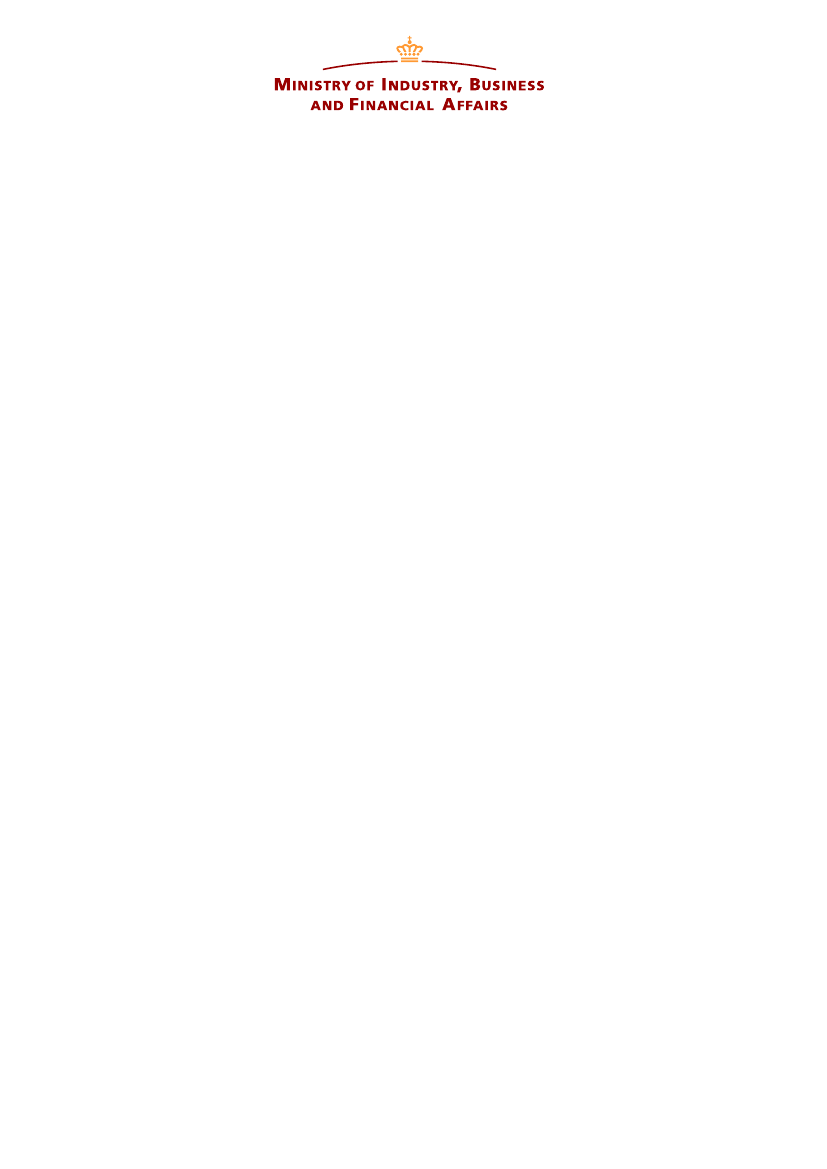
NOTE
7 July 2021
HT.5938
–
Danish response to the third survey on the use of State aid
in the COVID-19 crisis
The Danish Government welcomes the Commission initiative to consult
the authorities of the Member States on the use of the Covid-19 measures
and the future of the Temporary Framework.
The Covid-19 situation is constantly evolving and the Danish Authorities
appreciates the opportunity to inform of potential challenges in respect of
the use of Temporary Framework in the context of the current Covid-19
situation as well as recovery after the Covid-19 pandemic.
The Temporary Framework has in general been a very useful tool in order
to cope with the negative impact on the economy and undertakings during
the Covid-19 out-break. In particular as a supplement to TFEU article
107(2) b.
Please find below our comments to the Commission’s specific questions
regarding the current set of COVID-19 related State aid rules.
1. Prolongation
We supported the last prolongation of the Temporary Framework until 31
December 2021, which ensured predictability for undertakings in regards
to necessary support in 2021.
It is very difficult to predict the development of the Covid-19 pandemic
and the needs of undertakings in the post Covid-19 pandemic recovery.
A need for prolongation of the Temporary Framework would depend e.g.
on how the infection rates develop after the summer period and on possible
existence Covid-19 variants that may be resistant to the current vaccines.
Furthermore, it will depend on whether undertakings and sectors severely
affected by the pandemic manage to recover during 2021. E.g. in Denmark